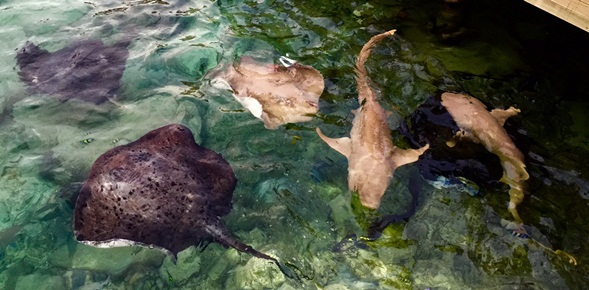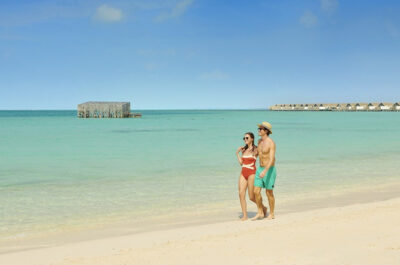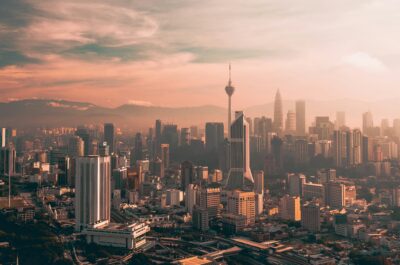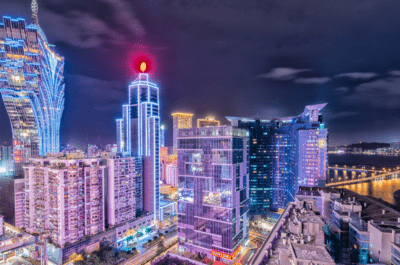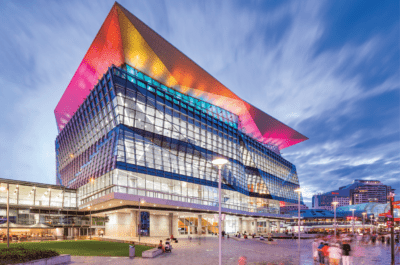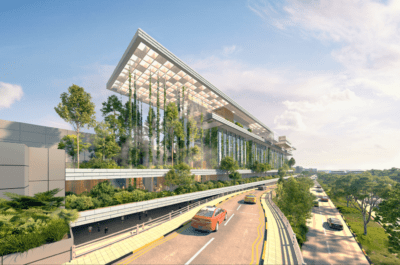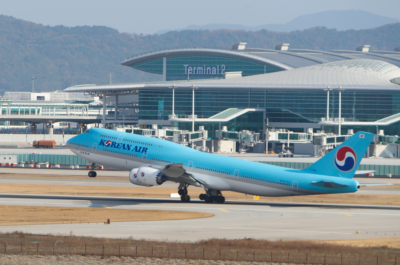As one of the lowest lying countries in the world (mean 1.5 m), the country and its people are especially vulnerable to climate change impacts such as sea level rise, coral reef bleaching and mortality, ocean acidification, and increases in severe weather events.
The Maldives is truly a special place, with a rich culture, gorgeous vistas and spectacular marine life. Even with 1190 islands, land is still the scarcest resource in the country, making up less than 1% of its surface area.
As one of the lowest lying countries in the world (mean 1.5 m), the country and its people are especially vulnerable to climate change impacts such as sea level rise, coral reef bleaching and mortality, ocean acidification, and increases in severe weather events.
Importantly, the Maldives archipelago represents a globally unique ecoregion and species biogeography.
It is clear that the future of the people and the marine resources in the Maldives is of global significance and interest.
Tourism is the main driving force of the Maldives’ economy accounting for more than 30% of GDP, followed by the fishing industry. Both these industries are highly dependent on the pristine nature of the marine environment. However, coral reefs in the Maldives are facing severe and multiple pressures, including over-fishing, pollution and sedimentation.
If you have the opportunity to visit here, it is clear that there is a strong appreciation of its marine natural heritage by all. Such recognition of the importance of the marine resources leads to a commitment to find innovative ways to protect and manage it for future generations to appreciate and utilise.

The objectives of the IUCN, the International Union for Conservation of Nature, helps the world find solutions to the most pressing environments.
The Maldives marine projects were developed to address the environmental priorities and challenges that the Maldives faces.
Whale sharks and manta rays are on the IUCN Red List as Vulnerable meaning that they are in decline. The Maldives harbor significant aggregations of these species, allowing studies and wildlife viewing opportunities, and calling for adequate protection measures.
Whale Sharks and Manta Rays of the Maldives
Whale sharks (Rhincodon typus) and manta rays (Manta alfredi and Manta birostris) are listed on the IUCN Red List as Vulnerable, meaning that their populations are declining.
With their spectacular large size and their regular occurrence in Maldivian waters, they are of great value to the country’s tourism – they are a popular sighting for wildlife viewers and a sought-after attraction for tour operators. Interestingly, these species are actually poorly known and much studying still needs to be done to better understand their biological needs and to guide protection efforts.

Charismatic marine species in the Maldives also include sea turtles. Five species can be seen in the country’s waters: green turtle, hawksbill, loggerhead, leatherback and olive-ridley. Green and hawksbill turtles nest there, laying their eggs in sandy beaches.
Most species of marine turtles are on the decline. One of the treats they face is entanglement in lost or discarded fishing nets. Many of these nets end up in the Maldives islands, pushed by monsoon currents that cross the Indian Ocean. In these nets, turtles and other marine wildlife are found, some still alive, many wounded or dead.
To address this problem, IUCN partnered with the Olive Ridley Project to support their mission to remove ghost nets from Maldivian waters.

Andrew J Wood was born in Yorkshire England, he is a former hotelier, Skalleague and travel writer. Andrew has 48 years of hospitality and travel experience. Educated at Batley Grammar School and a hotel graduate of Napier University, Edinburgh. Andrew started his career in London, working with various hotels. His first posting overseas was with Hilton International, in Paris, and he later arrived in Asia in 1991 on Bangkok with his appointment as Director of Marketing at the Shangri-La Hotel and has remained in Thailand ever since. Andrew has also worked with the Royal Garden Resort Group now Anantara (Vice President) and the Landmark Group of Hotels (Vice President of Sales and Marketing). Latterly he has been the General Manager at the Royal Cliff Group of Hotels in Pattaya and the Chaophya Park Hotel Bangkok & Resorts.
A past board member and Director of Skål International (SI), a former National President with SI Thailand and a two time past President of the Bangkok Club. Andrew is the former President of Skål Asia. In 2019, Andrew was awarded SKÅL’s highest award the distinction of Membre D’Honneur.
He is a regular guest lecturer at various Universities in Asia.















